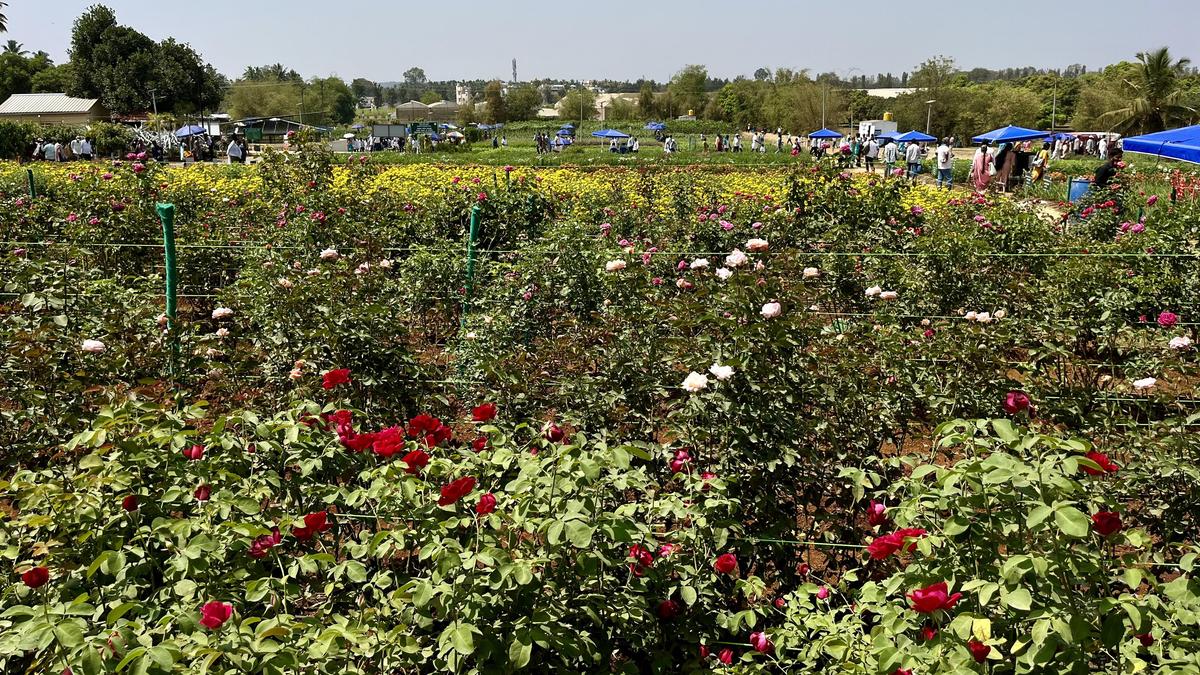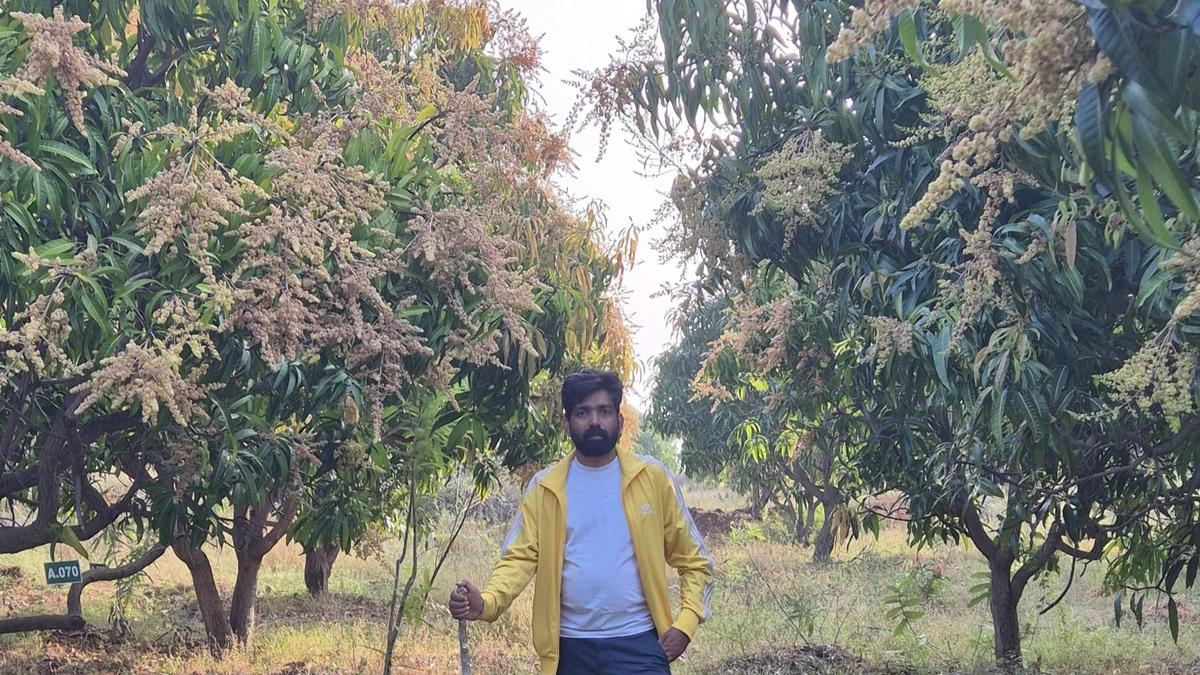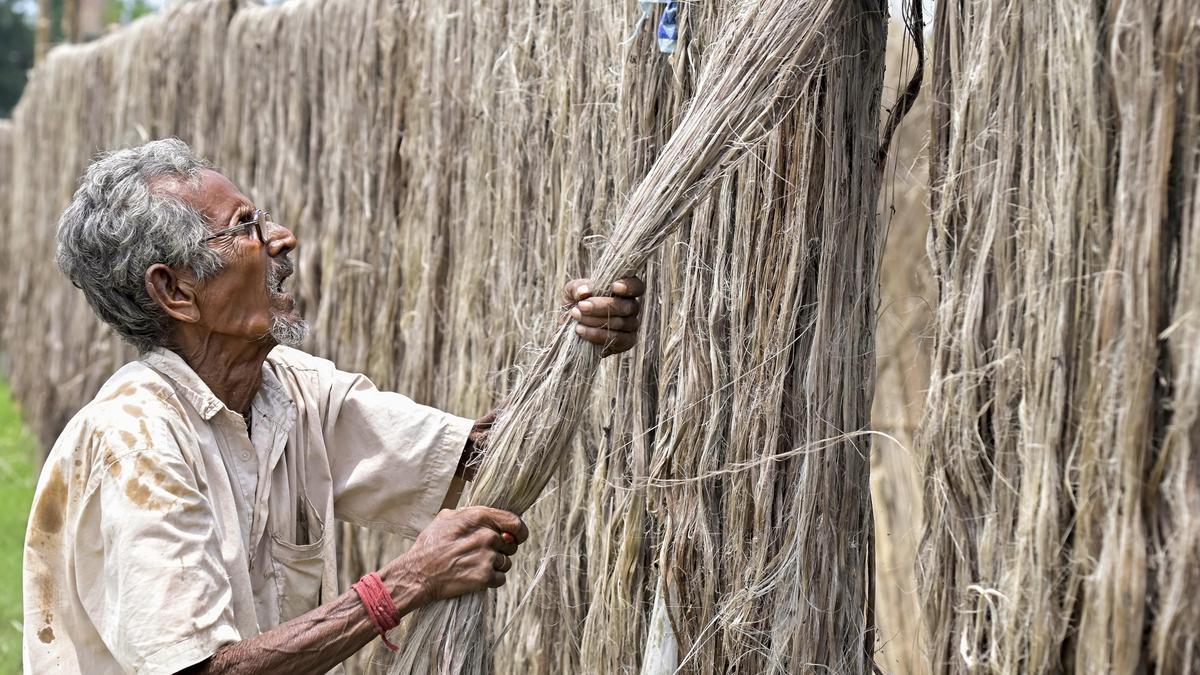India’s horticultural sector is set to get a hi-tech boost powered by AI for precision, as the Dutch government has embarked on a collaborative project in India to help produce pesticide-free food in state-of-the-art green houses that focus on water conservation and energy efficiency.
The initiative focuses on technologies and practices that help produce food crops in a climate resilient manner. The Dutch horticultural sector has formed a consortium, HortiRoad2India, a public-private partnership, to take forward its initiative in India. The consortium is now ready to forge alliance with stakeholders in India.
Indian requirement
Tiffany Meijer, Project Manager for International Trade in the Dutch horticulture sector & co-lead for HortiRoad2India, says the Dutch team has spent the last five years on understanding the Indian requirements based on which a comprehensive package has been prepared.
Emphasising that it comes with a pragmatic and holistic approach, Desh Ramnath, Director and co-ordinator of HortiRoad2India, says it would involve technology consultation, education, training and market linkages. “We have even built finance models with Indian banks together with the Dutch government,” he says.
According to him, the Dutch package would offer mid-tech and high-tech green house technologies that include building glass houses instead of conventional polyhouses for high-efficiency and climate resilience. However, the choice of mid-tech or high-tech polyhouses would depend on the nature of crops proposed to be grown. While strawberry, coloured capsicum, cherry tomato, micro greens and lettuce are proposed to be grown in hi-tech glass houses, tomato cultivation can be ideally taken place in mid-tech green houses, he explained.
“The technology is environmentally and financially sustainable as we use 96% less water when compared with cultivation on open field, and get 30 times more yield (with respect to tomato). We desist from using pesticides, and manage pests only with biological control methods. Also, we do not use genetically modified crops. We prefer disease-resistance hybrid varieties,” he says. “We want to generate clean food that does not need washing.”
Close to cities
The main intention is to develop clusters of high-value crop producing green houses near big cities so that the loss in terms of transport could be minimized, he explains. “We are now in the process of taking up glass house projects in Bengaluru, Chennai and Punjab along with farmers who are investing on infrastructure,” he says.
Supporting the cluster-based model, I. M. (Ivo) Meijer, Senior Manager for International & Economic Affairs at Policy/economics Department of Dutch government, points out that in India, a large quantum of food is getting wasted due to post-harvest losses. The Dutch initiative would also focus on setting up a chain of cold storage units to prevent this.
Dutch Consul General to South India Ewout de Wit says the proposed initiative will not only help ensure availability of clean and pesticide-free food for consumers, but would also ensure sustainable incomes to farmers. It would turn farming into a more technical profession and create more employment in rural areas, he says. “With this technology, you can set up production units near ports, markets, consumption centres or whatever place is ideal for export,” he points out.
Near Bengaluru
Ramakrishna, a farmer who is set to build a hi-tech green house with Dutch collaboration in Bengaluru for cultivation of strawberries, is presently cultivating the fruit on 12 acres of land in Malur through his The Bangaluru Berry Company that allows consumers to pick berries on the field.
“I have been able to cultivate quality berries that have high demand. People come to our farm and pick the berries. But presently, my production is seasonal and I am unable to meet the demand. Hence, I am trying the Dutch method to boost my production,” says Mr. Ramakrishna, a mechanical engineer who quit his IT job a few years ago to become a farmer.
Pieter Jan Robbermont, a Dutch entrepreneur, says the initiative would help bring about transformation in terms of technology and sustainability. He suggests that business heads in India, particularly IT entrepreneurs, should think of investing in these green houses so that Indian horticulture sector would become more sustainable.
Published – October 31, 2025 03:48 pm IST






